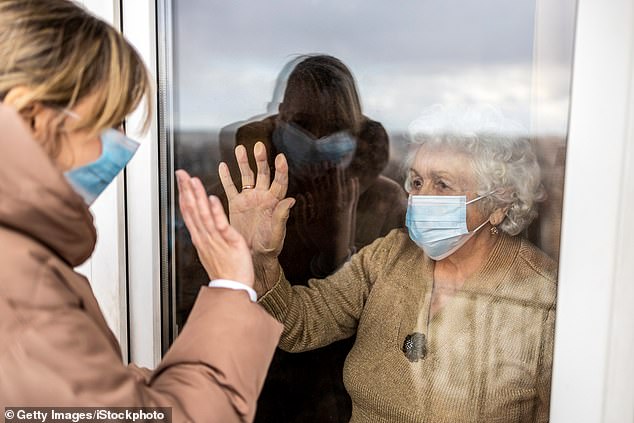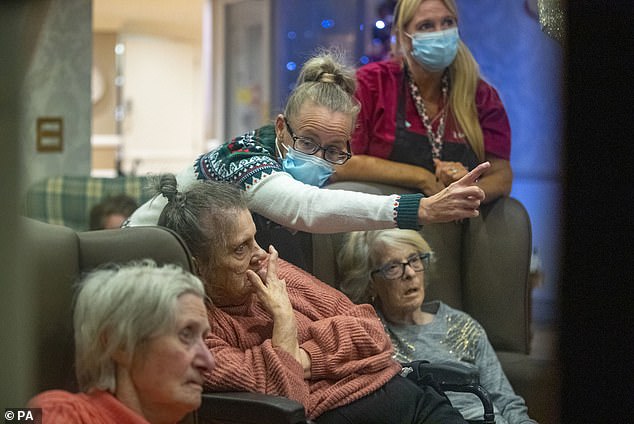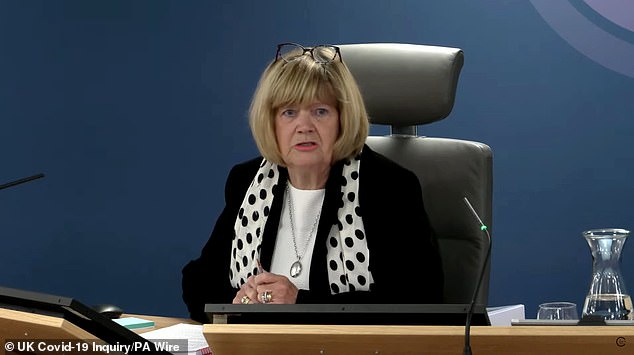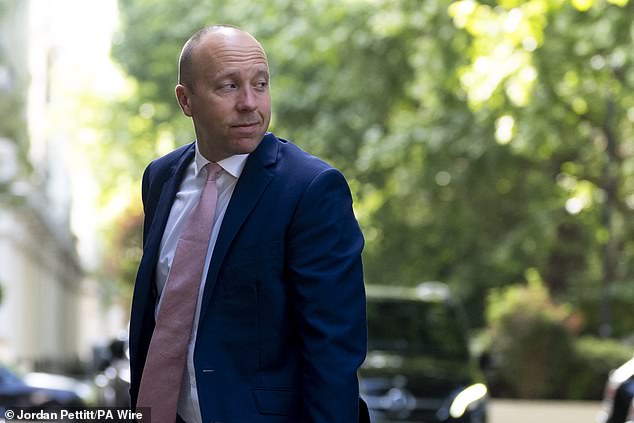COVID-19 infiltrated care homes and ‘spread like wildfire’, as government failures led to a ‘generational slaughter’ of the elderly and vulnerable, an inquiry heard.
Care home workers described having to carry out heartbreaking final ‘visits’ with residents and their loved ones over Zoom due to restrictions, while family members wept as they recalled their ordeals at not being able to say goodbye properly.
Frontline workers lamented shortages of personal protective equipment (PPE), hospital patients being discharged to them in the middle of the night, and residents feeling frightened and abandoned as the sixth module of the Covid-19 Inquiry opened today looking at challenges faced by the sector.
And Alasdair Donaldson, a policy advisor at the British Council who was seconded into Matt Hancock’s Department of Health and Social Care (DHSC) at the start of the pandemic, described ‘complete chaos’ on his arrival in the department in April 2020.
In a statement referenced in the inquiry, Mr Donaldson described what went wrong as ‘perhaps the greatest Government policy failure of modern times’.
He said: ‘The civil service I am proud to be part of catastrophically let down the people it was supposed to serve.
‘This failure resulted in the unnecessary deaths of tens of thousands of British citizens, including a generational slaughter within care homes, many of those victims dying horrible deaths, often without the solace of their loved ones.’
Lady Heather Hallett, who is chairing the years-long probe, admitted the module was likely to be upsetting for many.

Most restrictions in care homes were not lifted until July 2021, well over a year after the first lockdown began

Many care home residents were not able to see friends and family due to lockdown restrictions. Pictured: Residents and care workers at Churchview Nursing Home in Liverpool watch a video of the 2021 Christmas lights switch on in Liverpool city centre
A 20-minute impact film featuring people involved in adult social care explored how money was ‘squandered on equipment and processes that failed’, while residents were denied spending their final moments with loved ones due to lockdown rules.
One woman, referred to only as Ann from north Wales, was in tears as she recalled what happened to her father, who had dementia.
She said: ‘We had a few window visits but didn’t have the understanding of why we were outside the window.
‘He couldn’t hear us, he would break his heart.
‘He would just cry and cry.’
Jacqueline Carey KC, counsel to the inquiry, said there was great concern over the decision to discharge hospital patients to care settings without first testing them for Covid.
Ms Carey said: ‘It’s obvious that there were no easy decisions here, but if you cannot test everyone at the outset, and you don’t know for certain yet how the virus transmits … but you know that residents in care homes are much more likely to die if infected, then the importance of good infection control measures becomes all the more crucial.’
And she referred to the evidence of an unnamed worker at a care home in Durham, who added: ‘Once Covid 19 was in our care home, it spread like wildfire and we could not do anything about it.’

Lady Heather Hallett is chairing the Covid-19 Inquiry

Former Health Secretary Matt Hancock is due to give evidence to the probe in London later this week
Dr Jane Townson, chief executive of the Homecare Association which represents domiciliary providers, said ‘before, during and after the pandemic, home-based care was often invisible in policy and debate’.
She said guidance for home carers was ‘chaotic’ and ‘changed frequently’, and said thousands of people ‘became isolated with deteriorating health and no access to essential care’.
More than 43,000 people died with Covid in care homes across the UK between March 2020 and July 2022.
The inquiry has previously focused on topics including Government decision-making, vaccines and procurement since evidential hearings began in 2023.
There are at least four further modules to come before the inquiry makes its final conclusions in 2027, at an estimated cost of more than £220 million to the taxpayer. This would make it the most expensive inquiry in British history.
Mr Hancock is due to give evidence on Wednesday.











